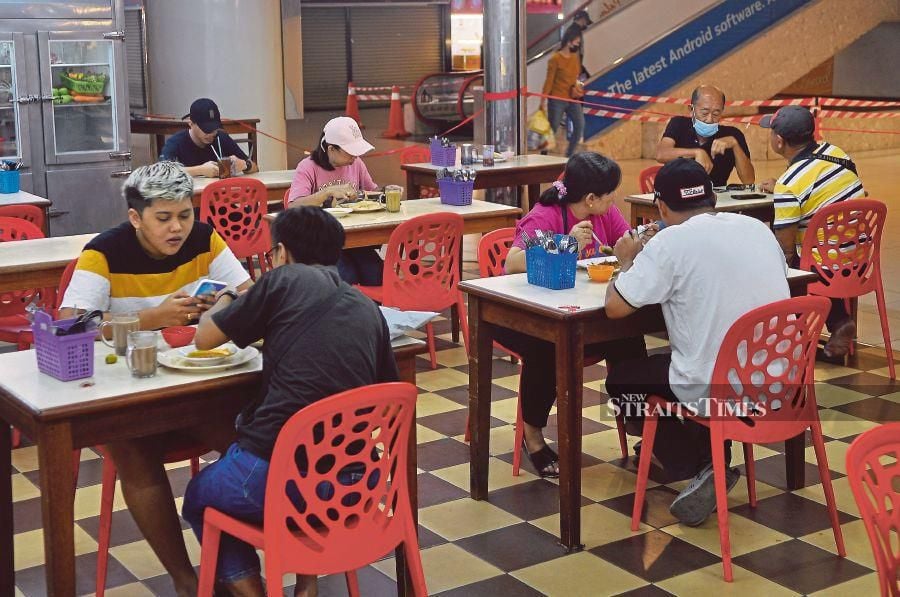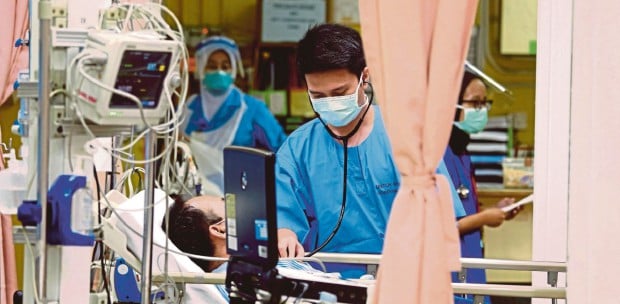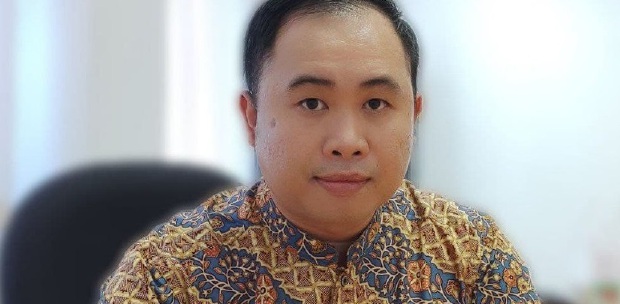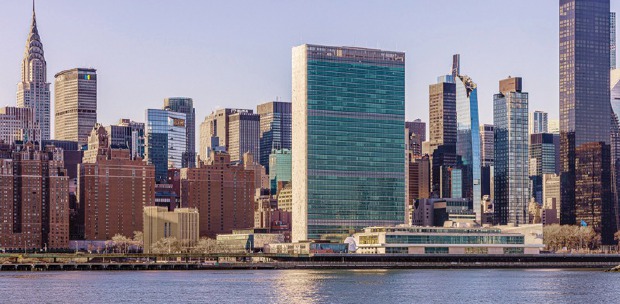How can fresh graduates survive with the increasing cost of living? If employers have not provided salary increments over the past two years of the Covid-19 pandemic, how can employees manage their expenses with shrinking disposable incomes?
Many contract medical officers are leaving Malaysia due to low wages, poor public hospital and clinic facilities, and bleak career prospects.
Young Malaysians who pursue degrees overseas are also planning not to return home after graduation as they can earn at least two to three times more than the salary they receive in Malaysia.
With many skilled Malaysians opting for greener pastures abroad, Malaysia is facing a serious brain drain threat.
The Human Resources Ministry said Singapore has almost one million Malaysian workers, followed by Australia, the United States, the United Kingdom and Canada.
Earlier, Bank Negara stated that the living wage for an adult based in Kuala Lumpur was RM2,700 in 2018.
It will not be surprising if the desired living wage has increased by 25 per cent (RM3,375).
Before leaving my previous role as a public policy researcher at EMIR Research, I mentioned during an interview with a private TV station that the optimal living wage (monthly) in my home state of Sabah might require RM3,000.
Kota Kinabalu, where I am from, does not have a proper public transportation system till today.
Residents have to own cars to move around.
With a four-time increase in the overnight policy rate last year, those who have housing and car loan instalments have to fork out at least an extra RM100 monthly.
The worst is the food in Kota Kinabalu is relatively costly than in Kuala Lumpur.
During my trip back there for Chinese New Year, the average price of one pork noodle in a coffee shop (without air-conditioning) was about RM12.
In contrast, when I have lunch or dinner in shopping malls in Kuala Lumpur, I pay only RM3 more (RM15).
Prime Minister Datuk Seri Anwar Ibrahim repeatedly emphasised his priority to resolve the cost-of-living crisis the moment he was sworn in last November.
However, the government also has to put great emphasis on living wage instead of minimum wage, which is the benchmark to match the actual cost of living among Malaysians.
Bank Negara defines the living wage under its report "The Living Wage: Beyond Making Ends Meet" (2018) as the wage level that can afford the minimum acceptable living standard, referring to aspirational, minimum acceptable and basic need criteria.
As more middle-income earners fell into the lower-income category during the pandemic, there is an increasing concern that more Malaysians can only afford to cover basic needs, that is, food, clothing and shelter.
Aspirational refers to a higher standard of living and higher quality of life, while minimum acceptable refers to participation in society, personal and family development, and freedom from severe financial stress.
Economic challenges have seen some Malaysians experiencing difficulties in coping with the rising cost of inflation.
Some have urged the government to allow another round of Employees Provident Fund (EPF) withdrawal.
Economy Minister Rafizi Ramli acknowledges the issue of insufficient high-skilled, high-pay jobs.
Nonetheless, to ensure that high-skilled jobs are associated with good remuneration packages, he has to pay attention to labour laws and revise them.
The Employment Act 1955 remains associated with a time-based wage system instead of a productivity-linked one.
Adopting a productivity-linked wage system would raise the country's salary level, boost employee morale and reflect the standard of living.
When Malaysians can secure high-skilled, high-income jobs in the country, they are less likely to seek better jobs elsewhere, reducing brain drain and also the times they ask for EPF withdrawals.
The writer is senior fellow at Pacific Research Center. Over the past five years, she gained extensive working experience in the Sabah state government and civic society





